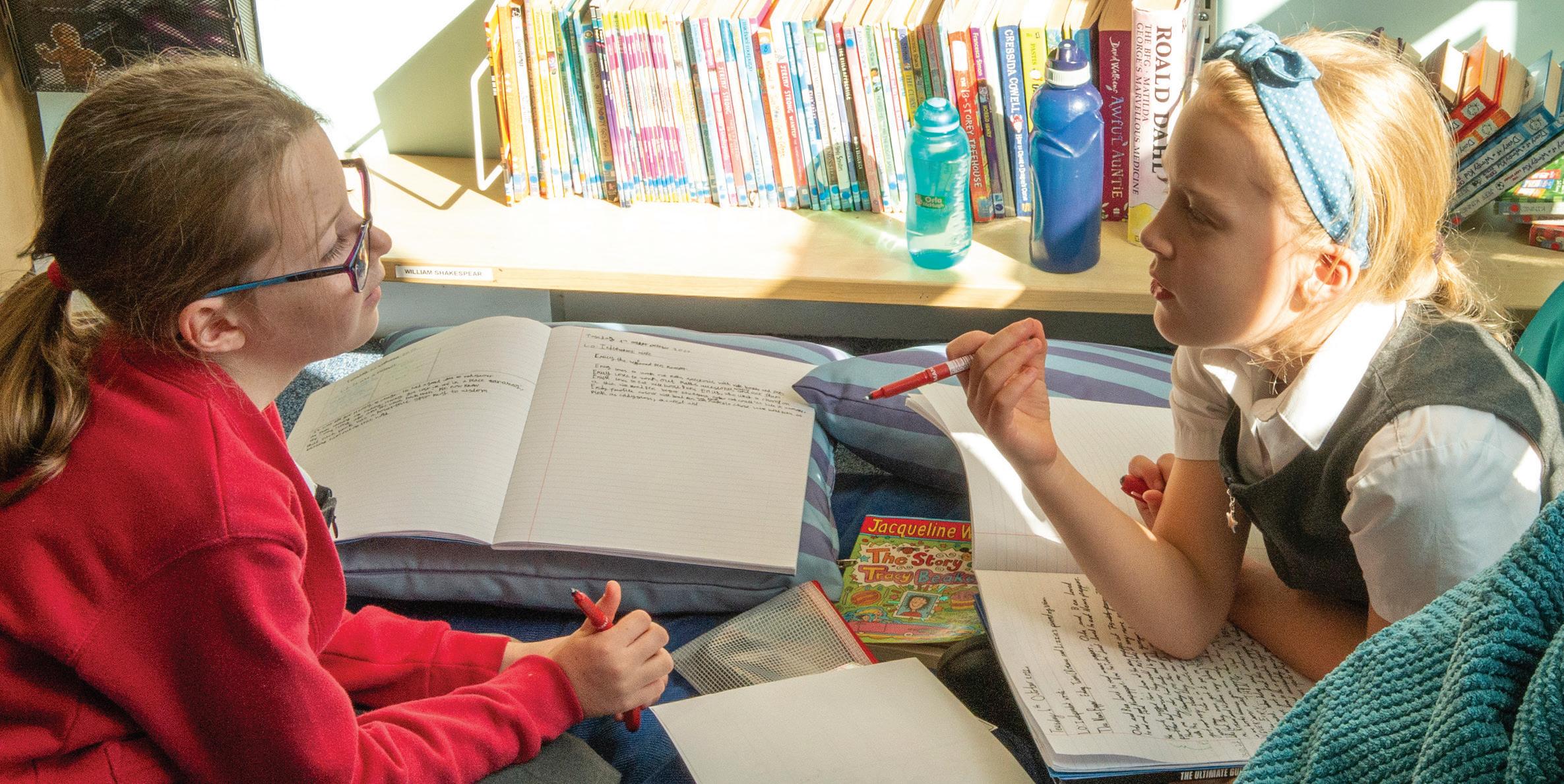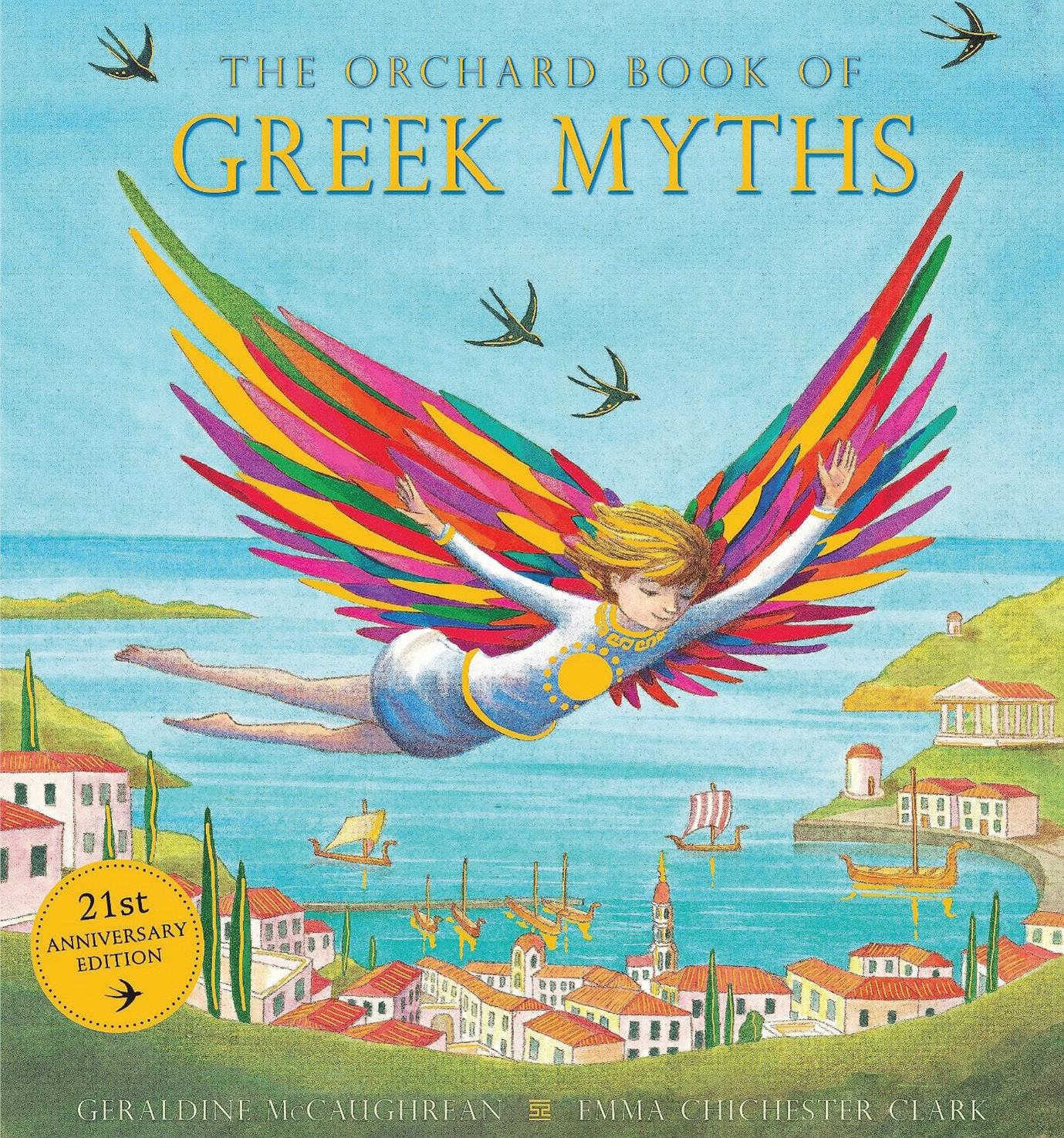
2 minute read
Growing a love of the DEMAT way
from DEMAT Inspire - July 2023
by DEMAT
Across our Trust children read ambitious, culturally important texts which are intentionally sequenced to ensure that knowledge and understanding are built upon as they move through their primary education. Our teachers carefully consider how they teach reading in their classes to ensure that all pupils can develop the skills required to understand and access a wide range of literature.
Tim Coote, English lead for the Trinity Partnership, has seen how the Reading Reconsidered techniques used in whole class reading have supported pupils to become ‘more fluent and engaged readers, with an enthusiasm for literature’. He said: “An increased engagement with the text has also helped children to develop their ability to analyse techniques that authors use.”
Advertisement
The DEMAT writing curriculum has been designed to ensure that we ‘improve the writer’, not just a single piece of writing. One of the ways we achieve this is by ensuring that our reading curriculum feeds directly into how we teach writing.
Tim added: “Our writing lessons have become extensions of the reading lessons, as all grammar and punctuation are taught through the content of the current class text. Additionally, all writing outcomes are based on the class text or on previous learning.”
This helps our children concentrate on ‘how to write’ wellcrafted and punctuated sentences rather than thinking about ‘what to write’.”
Another way in which we support our children to become confident and competent writers is by carefully planning opportunities for our children to master a specific aspect of writing before moving on to the next.
Kerry Watkins, Year 1 teacher at Milton Church of England Primary School, said: “Sentences are the building blocks of writing; daily teaching around simple sentences is an effective way of developing children’s understanding of how to use full stops and capital letters within their own work
“We spend significant time embedding our children’s understanding of sentences and have found that this creates a solid foundation from which they can then begin to learn how to write compound sentence structures later in the year.”
Laura Foster, Year 2 teacher at Elm Primary School, encapsulates how the DEMAT English curriculum gives children the background knowledge and vocabulary to clearly articulate their understanding of literature whilst also nurturing and developing a genuine love of learning.

She said: “When the announcement, ‘It’s time for whole class reading’, brings a collective, resounding ‘YES!’ from my class, I’m reminded of every child’s entitlement to high-quality texts. Yet it is much more than that - the impact on their writing cannot be underestimated.
“With a constantly developing understanding of the text, children gain knowledge of times, places, and beliefs far beyond their own experiences. They also learn the vocabulary needed to express their understanding effectively though their writing. From the elaborate plan to trick an evil sorcerer, to the wonder of a young boy pulling a sword from the stone.


“They have the knowledge to write instructions on how to do the first successfully and for the second they have the depth of understanding to ask what would this mean for a boy who never wanted to be a king? They understand that Greek myths are ‘too good to forget’.
“When they meet them again in Year 4, they’ll draw on their knowledge of the Ancient Greeks who told fascinating stories of creation and be reminded of Persephone’s legacy when the leaves ‘drop like tears’ in the Autumn. They can track the theme of ‘Hope’ through all of these and not simply see an ending as ‘sad’.

“It’s far more than that, as Year 2 will tell you.”










